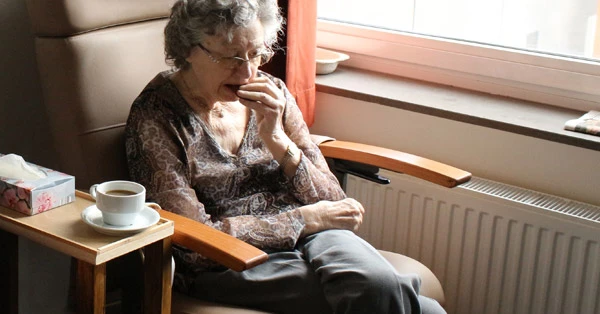
As seniors age, they typically become more dependent on others for care; at the same time, they also become more vulnerable to abuse and neglect. According to the National Center on Elder Abuse (NCEA), “Research shows that as many as two million elders are abused in the United States.” While the thought of this is awful, it illustrates an important need for others to be able to recognize possible signs of elder abuse and to report it.
As a community, we owe it to our elders to help look after them. Knowing what the common signs of elder abuse are can lead to a higher likelihood of spotting possible situations where someone may need help. Being able to spot these warning signs and adequately report them could quite literally save or extend a person’s life, in addition to giving them some of their dignity back.
Once an older person loses the ability to take care of themselves, they are often dependent on a network of individuals to help care for them. This care could take place in their own homes through the efforts of family or friends, at-home nurses, or other professional caregivers. Or, it could take place in nursing homes and assisted living communities by nurses, doctors, and employees of the residents. In either instance, elder abuse can and does take place in a sub-set of these situations. In institutional settings, professionals can sometimes overlook the signs of elder abuse due to a lack of awareness and adequate training. This is where individuals can help intervene by knowing how to spot common signs of abuse.
What are the common signs of possible elder abuse?
According to A Place for Mom, a service that connects families to senior living advisors across the U.S., the most common signs of elder abuse are:
- Aggressive behavior from a caregiver
- A vulnerable senior signing unexpected property transfers or giving excessive financial “gifts” to others
- Poor nutrition or dehydration
- Uncharacteristic changes in a senior’s behavior or personality
- Unexplained or excessive bruising or bedsores
- Understaffed or overworked caregivers
While these signs don’t necessarily mean that abuse is occurring, they can be clues that one should look further into a situation.
Observe and take note
If you suspect elder abuse, it can be helpful to document the signs. Documentation can help prove your suspicions, accelerate getting proper help for the victim, and contribute to getting a legal case handled quickly. A Place for Mom also shares a good list of what documentation of suspected abuse might include:
- Taking note of his or her changes in behavior
- Taking photographs of injuries
- Writing descriptions of the victim’s injuries
- Written statements from the victim
- Written statements from any witnesses
Report suspicions to authorities
If you suspect someone may be in immediate danger, please call 911 immediately. If not in immediate danger, you can report suspected abuse to the National Domestic Violence Hotline at 1-800-799-SAFE (7233). It’s important to reach out to a personal injury lawyer as well to make sure a victim’s rights are protected.
Yonke Law LLC has successfully brought claims against various nursing homes for elder abuse and nursing home negligence. If you or your loved one has suffered emotional, physical, or other forms of abuse while in a nursing home, our personal injury attorney can help. You have the right to file a claim against the nursing home. Contact our nursing home abuse lawyer today at (816) 221-6400 or email us. We will fight on your behalf and help get the compensation you deserve.

